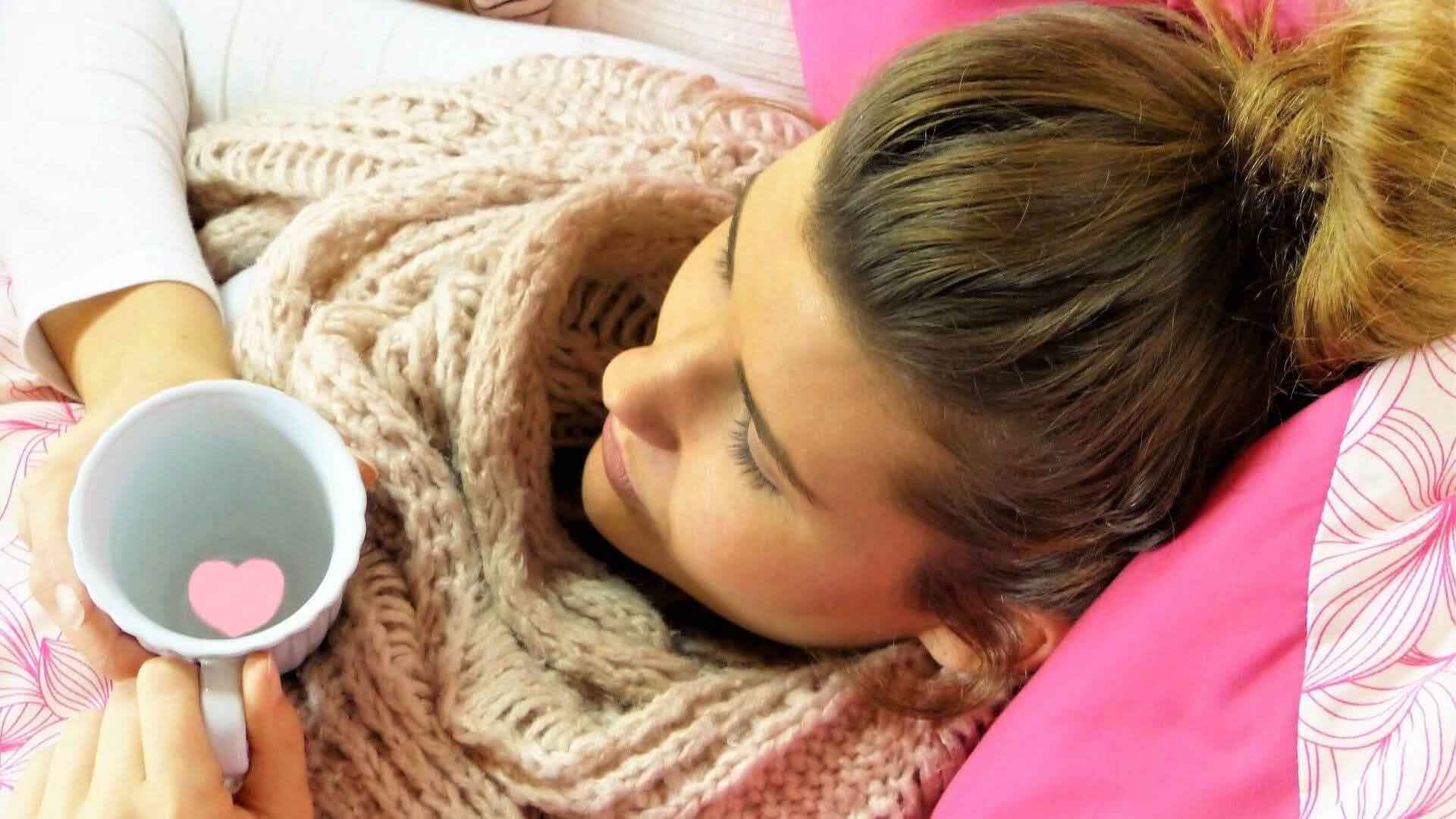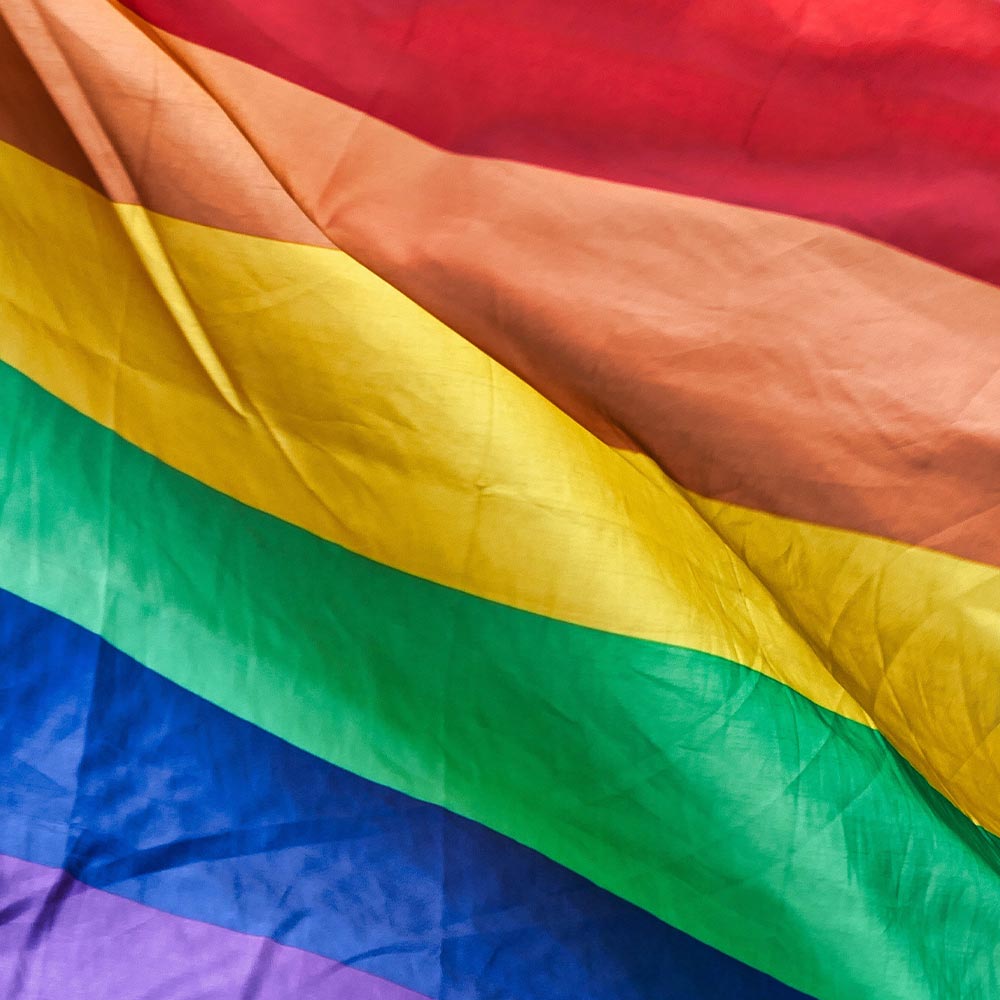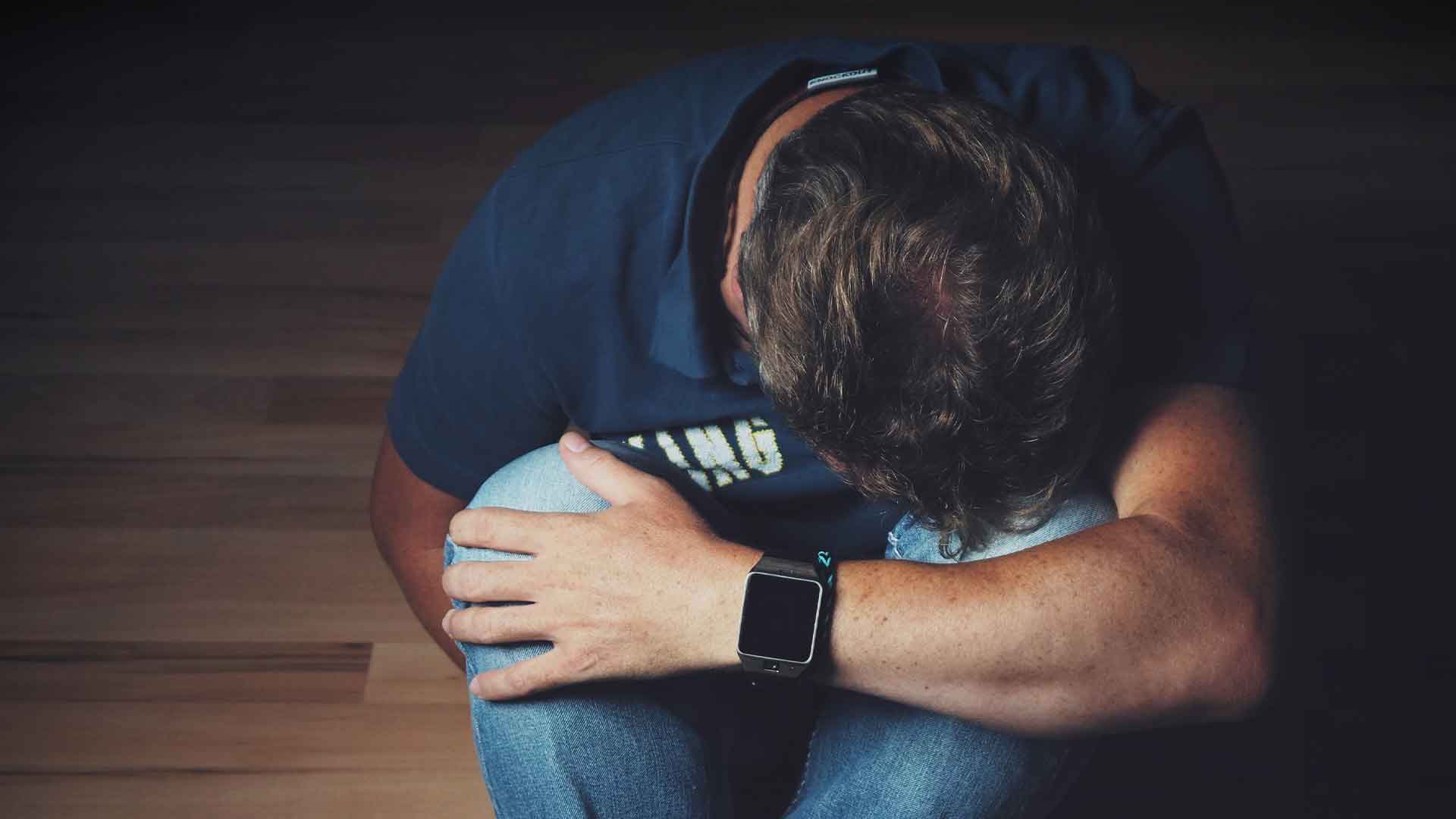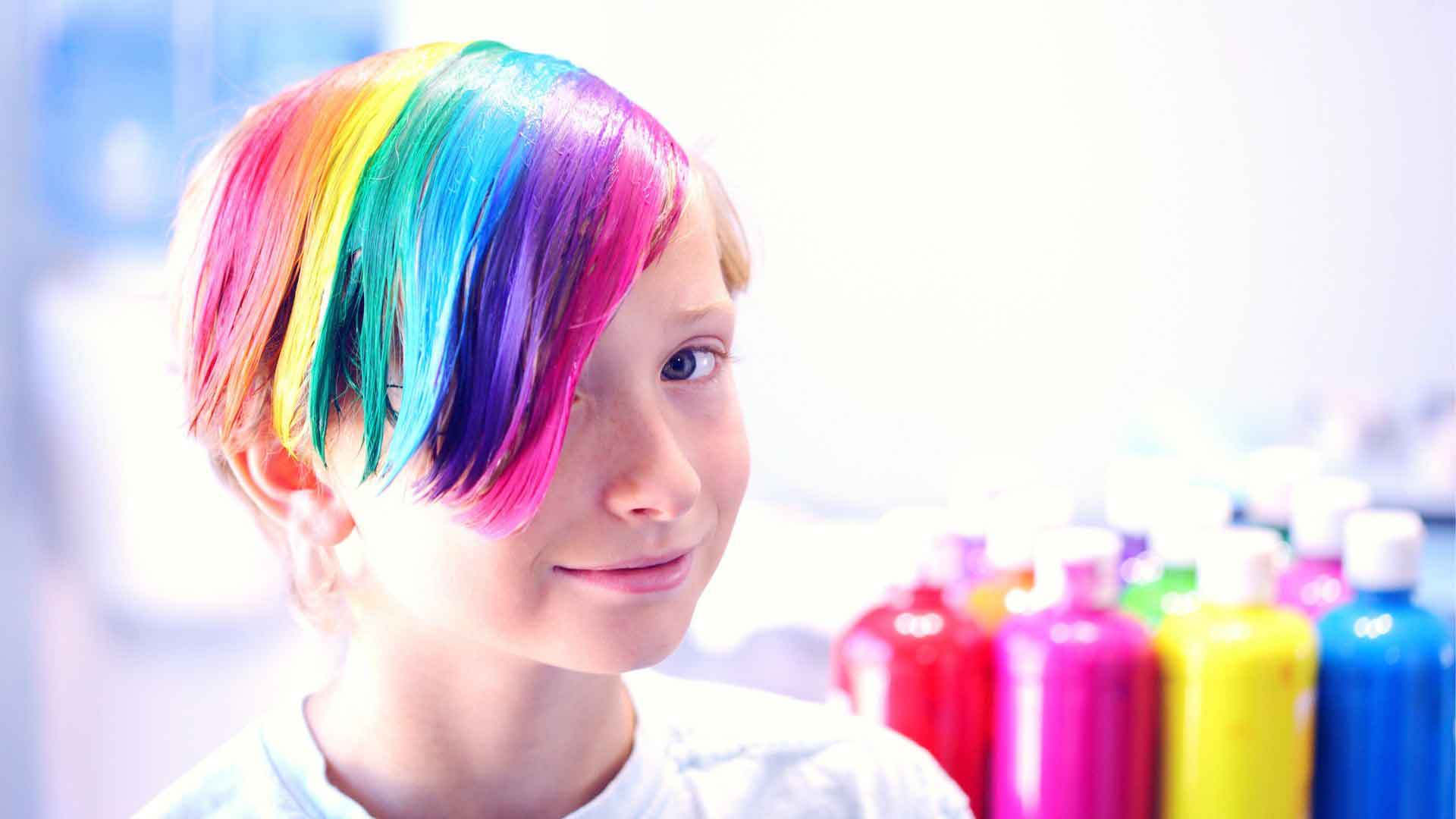
Why do Women Struggle with Mental Health?
Don’t be afraid to ask for help! Whether it’s from a friend, family member, trusted colleague or a professional, people are out there to help.

Don’t be afraid to ask for help! Whether it’s from a friend, family member, trusted colleague or a professional, people are out there to help.

When people who have experienced racism seek mental healthcare, they are not only struggling with the fear of being unable to find a provider who can understand their experience, they are also coping with the very real fear of discrimination.

Suicide is in no one’s go-to method of dealing with a problem, so if they are experiencing suicidal ideation, chances are that they tried their best to come up with other solutions and haven’t been able to.

For most people outside of the LGBTQ+ community, Pride is seen as a rainbow parade full of glitter and colorful celebration. However, Pride represents much more than this. Pride celebrates dignity, equality, connection, self-affirmation, and increased visibility of the LGBTQ+ community.

It is a common misconception that kids are “going through a phase” when they vocalize their feelings on gender identity. For some this may be true, but for many it is not.

It’s easy to feel lost or disconnected if you don’t understand your identities. As people, we have a strong need to belong, and identities can lead to a higher sense of belonging. Exploring your identities can be hard. Having a safe and comfortable space to do that hard work is so important.

If you have a bad cough or high fever you call your doctor and schedule an appointment. Right? Most likely, you would do so without thinking twice. So, why should you suffer in silence if you are an new or expecting mom and struggling with your mental health? You don’t have to suffer or feel guilty or ashamed.

If you are LGBTQ and struggling with a mental health concern, please know that you are not alone, and that your mental health issues are not because you are LGBTQ.

In our society, men are frequently taught to be strong and quiet. Often times, men worry that seeking help will be an indication of vulnerability. Suppressing your feelings can make mental health worse.

Your transgender child is not deciding what gender to be, they are sharing with you what their gender is. Your child did not decide this on a whim. Chances are they have known this from a very early age. Don’t allow your fears to drive your interactions.
Feeling Safe
I feel safe at CFS. I know the staff is professional and understanding and that my thoughts and feelings will be heard and are valid.
Building Strength
My treatment at CFS has helped me find the ability to continue on through a horrible time. The office staff always greets me with a smile, that’s great.
Embrace New Ideas
It’s great to have someone to talk through my thoughts and feelings with — to get things out into the universe and have a neutral party help me learn how to process, try new things, embrace different ideas.
© 2023 Covenant Family Solutions